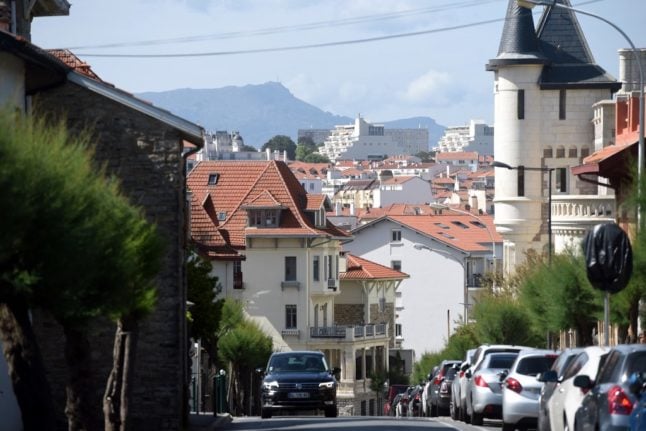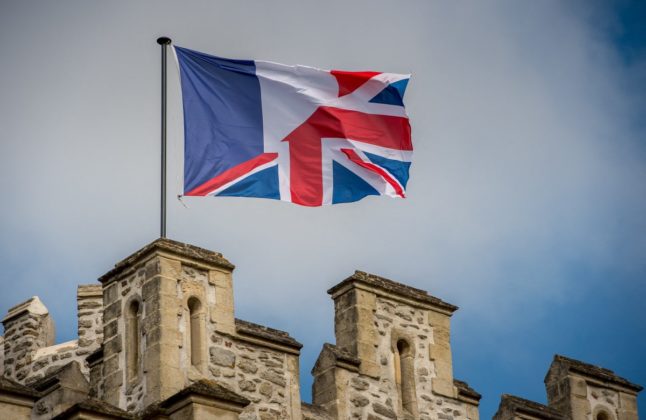France faces an acute shortage of affordable housing.
In the Pays Basque area of southwest of France, increasing numbers of landlords prioritise lucrative short-term holiday lets over traditional rental contracts, exacerbating the problem.
According to the Agence d’urbanisme Atlantique et Pyrénées (Audap), the area has more than 16,000 properties let out exclusively to tourists – a figure that grew 130 percent between 2016-20.
In response, local officials voted earlier this month to set tough new rules to curb holiday rentals and listings on platforms such as Airbnb in 24 Pays Basque communes including Biarritz, Bayonne and Saint-Jean-de-Luz.
The following measures will come into effect on June 1st:
- Landlords who want to use their property for short-term holiday lettings will need to offer a second property, similar in size and in the same town, with a conventional rental contract;
- Landlords cannot simply build another property to rent out alongside their Airbnb one – they must renovate a building that already exists and is being used for non-housing purposes (ie a garage).
Some landlords will struggle to meet these requirements and may be forced to offer their property onto the traditional rental market instead, thereby adding to the housing supply.
READ ALSO 5 things to know about renting out your second home in France
People renting out property in the Basque country already need to apply for a license to offer short-term holiday lettings, which are renewed every three years. Those who already have a license will need to abide by the new rules once the three-year validity period runs out.
Landlords will still be able to rent their primary residence through platforms such as Airbnb for up to 120 days per year (as is the case in the rest of France) and offer holiday bookings in properties that are rented to students for at least 9 months of the year, without submitting to the new rules.
Holiday rental rules elsewhere in France
- Primary residences
If you are absent from your property for more than 4 months of the year because of a health problem, professional reasons or because of a cas de force majeure, you can rent our your primary residence for more than 120 days of the year.
From 2019 Airbnb and other holiday rental platforms introduced a tool that blocks postings which would allow someone to book accommodation beyond the 120-day legal limit. This measure was introduced in Aix-en-Provence, Annecy, Bordeaux, Levallois-Perret, Lille, Lyon, Martigues, Menton, Neuilly-sur-Seine, Nice, Paris, Roquebrune-Cap-Martin, Saint-Cannat, Saint-Paul-de-Vence, Sète, Villeneuve-Loubet and Versailles.
If you want to sublet a property where you are the tenant via a platform like Airbnb, this is legal for up to 120 days as long as you have the permission of the property owner.
Many French towns require people renting property through Airbnb to register with the local town hall.
- Second homes
French cities and towns with more than 200,000 inhabitants require property owners to seek an authorisation from the local town hall if they want to offer holiday rentals.
Places with 50,000 inhabitants but which qualify as a zone tendue (as having a housing shortage) are also subject to these rules.
In Paris, people who wish to rent their second property to tourists are obliged to follow similar ‘compensation’ rules as those being introduced in the Pays Basque – in other words, by offering one traditional rental property for every holiday property. The difference is that in Paris, it is possible to buy an existing property and rent it out – rather than renovate a garage or an office for example.
Nice and Bordeaux also have similar compensation rules in place.
Many French towns require people landlords renting property through Airbnb to register with the local town hall.
READ ALSO



 Please whitelist us to continue reading.
Please whitelist us to continue reading.
Member comments